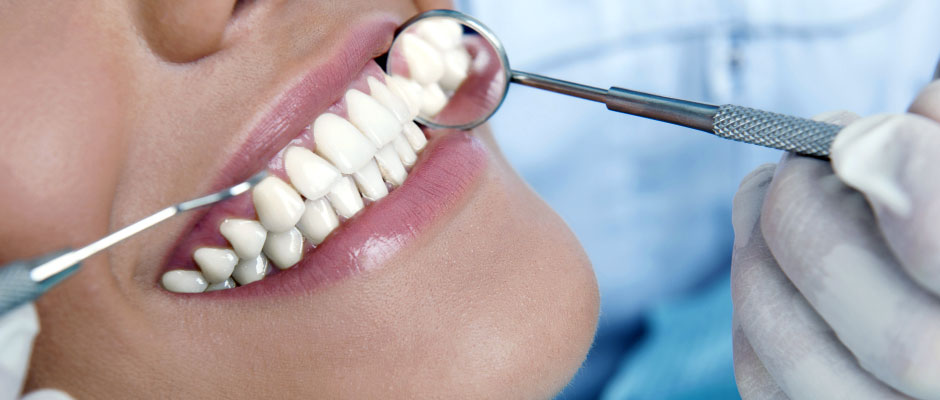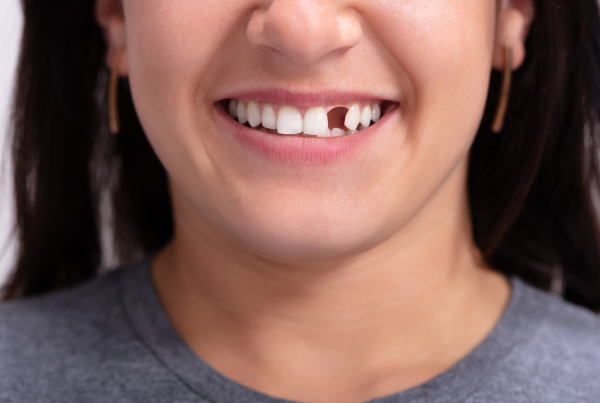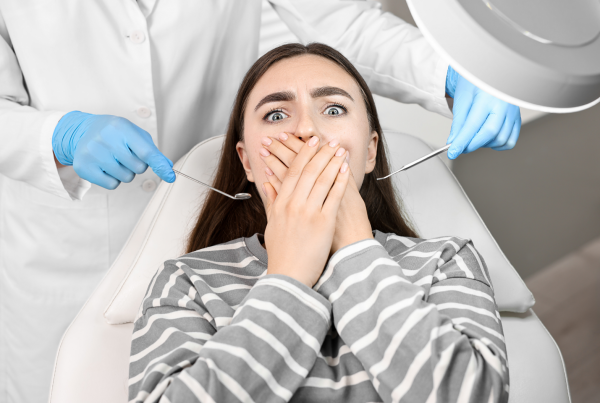Gum recession is a common problem, but most people are unaware they have receding gums as this condition gradually develops over time. If your gums begin to recede, they will gradually pull away from your teeth, exposing more of the crown of the tooth and even the tooth root. You might notice your teeth become more sensitive to hot or cold, or that they look longer than you remember. Often gum recession can be one of the first signs of gum disease, where the gums have become infected with bacteria and are gradually being destroyed.
Gum disease and gum recession
As gums recede, this can lead to pockets or gaps forming in between the teeth and the gums. These gum pockets are the perfect home for disease-causing anaerobic bacteria. If you don’t get treatment at this stage, these bacteria will continue to produce toxins that will eventually destroy the tissues and bone surrounding your teeth, and ultimately you may lose these teeth.
In spite of the importance of having healthy gums, statistics from the Canadian Dental Association show that seven out of ten Canadians will develop gum disease at some point during their lifetime, and it is very important to detect and treat this disease before it becomes too serious.
This is one reason why we recommend regular check-ups at Tsawwassen Place Dental, as we will measure the depth of any gum pockets, which provides us with a good indication as to whether you have this disease, and the level of its progression. Gum disease is an insidious disease. While it may cause bleeding gums, it often creates very few symptoms at all, and for this reason is sometimes called a silent disease.
Are There Any Other Causes of Receding Gums?
Yes, there are a number of reasons why your gums might recede, and these include:
- Brushing your teeth too hard. If you brush your teeth too hard it can cause the tooth enamel and the gum tissue to wear away. You don’t actually need to brush your teeth very hard to get them thoroughly clean, as it is more down to using the right technique. If you are unsure about the best way to brush your teeth, or would like some advice on the best brush to use, then please ask us for advice during your next appointment.
- Clenching or grinding your teeth. Clenching or grinding, a condition known as bruxism, can place a lot of pressure on your gums which can cause them to recede. Treatment is often very straightforward, as we can fit you with a custom-made night guard to protect your teeth and gums.
- Smoking. If you smoke then it is easier for plaque to build up on your teeth. Plaque is a sticky layer of bacteria that increases the risk of gum disease, which in turn increases your risk of gum recession.
- Genetics. Some people are more likely to develop gum disease than others, no matter how well they care for their teeth. If we think you are at increased risk, we can work with you to develop a suitable preventative dental care plan to help reduce your level of risk.
- Hormonal changes. Women’s hormonal levels can fluctuate at certain times, for example during puberty, pregnancy and the menopause. These changes increase the gums sensitivity towards disease causing bacteria, increasing the risk of gum disease.
Regular professional dental care combined with good dental care at home can help prevent gum recession. There are also numerous procedures that can help treat this condition, and which can repair some of the damage caused by gum recession.





